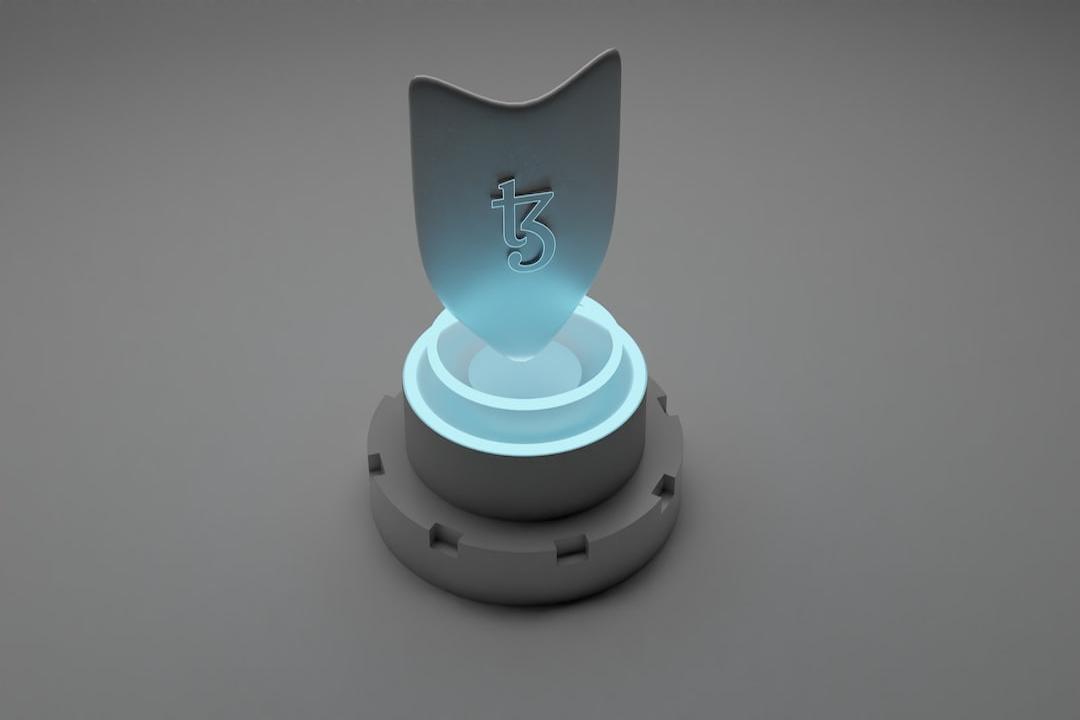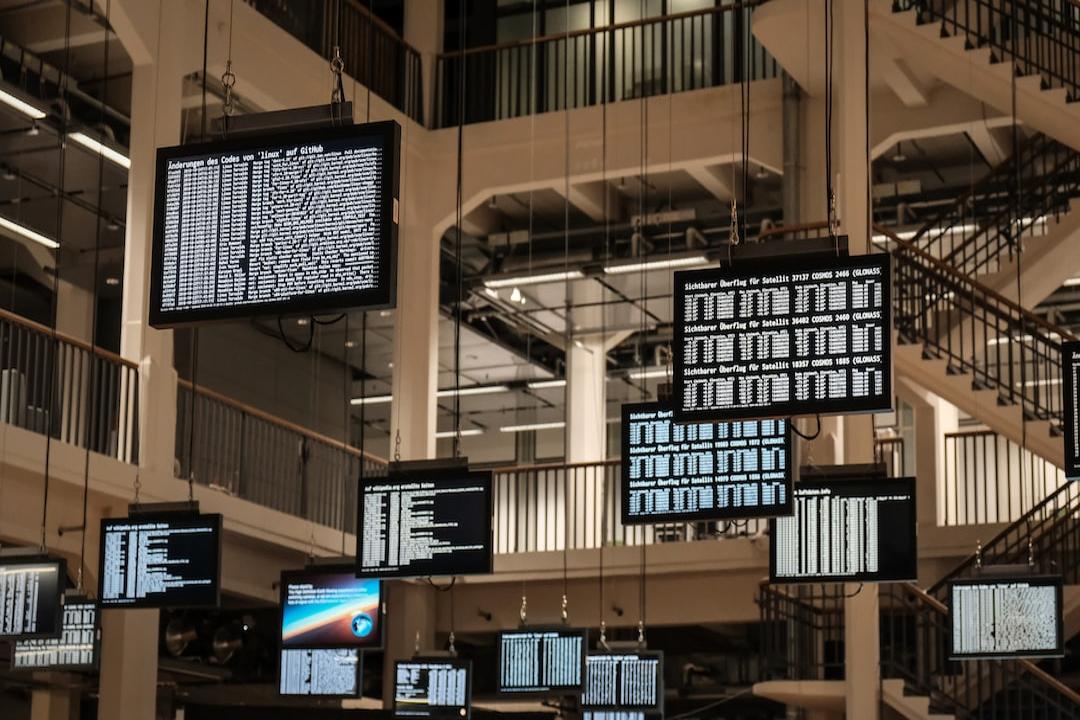The recent surge and skyrocketing of Ondo Finance, an RWA (Real World Assets) protocol, reflects the layout of traditional financial giants in the RWA track and also demonstrates the possibility of future cooperation between blockchain and traditional financial institutions.
Recently, the proposal of unlocking the ONDO token by the Ondo Foundation, the organization related to the RWA protocol Ondo Finance, was approved through voting. The ONDO token officially entered the era of circulation on January 18. At the same time, the exchange Coinbase added Ondo Finance (ONDO) to its asset online roadmap, and Binance also launched ONDO 1-50 times U perpetual contract shortly after.
According to CoinGecko data, since its launch on the 18th, the ONDO token has risen by more than 300%. In less than a week, ONDO has swept the entire crypto community with its impressive gains, becoming a hot topic of discussion on the X platform.
After the surge in unlocking, the controversial behavior of the project team actively selling tokens has also started to cause controversy. According to the analysis by online analyst @ai_9684xtpa, the ONDO team has allegedly sold a total of 60 million ONDO tokens since listing, and currently, two addresses still hold 106 million ONDO tokens, accounting for 7.79% of the total circulation. However, compared to the massive selling, the ONDO token price remains relatively stable, maintaining around $0.25. Behind the stable token price is the attraction of capital brought by the RWA wave behind ONDO.
Early on, before the token unlocking proposal was announced, Ondo Finance announced its community loyalty points program and its collaboration with Mantle and Solana to introduce USDY to its blockchain. After announcing the token unlocking, Ondo Finance announced on the 23rd that it would expand its business to the Asia-Pacific region and open its first office in Hong Kong. Since then, it has also published an ecosystem directory on its official website, disclosing partnerships with liquidity, custody, and other key areas. Traditional financial giants such as Morgan Stanley, BlackRock, Ankura Trust, Clear Street, and NAV Consulting are included in the list.
Since its inception, Ondo Finance has received support from institutions such as BlackRock and Morgan Stanley and investments from top venture capital firms, including Founders Fund, Pantera Capital, and Coinbase Ventures.
Crypto analyst McKenna publicly expressed optimism about Ondo Finance as the “future blue-chip RWA asset” and stated:
“In March last year, BlackRock CEO Larry Fink stated in his annual letter to BlackRock shareholders, ‘BlackRock will continue to explore the digital asset ecosystem, especially areas most relevant to our clients, such as permissioned blockchains and tokenization of stocks and bonds.’ BlackRock’s bet on Ondo undoubtedly provides an opportunity for its entry into the RWA field.”
Currently, Ondo Finance has tokenized BlackRock’s short-term US Treasury Bond ETF, iShares Short Treasury Bond ETF (NASDAQ: SHV), creating the OUSG (US Treasuries) product. This is also the main contribution product of Ondo Finance’s Total Value Locked (TVL). The current price of OUSG is $104.66, with an annualized yield of 4.69%. It supports purchases on the Ethereum, Polygon, and Solana chains. As the issuer of the ETF, BlackRock charges a 0.15% ETF management fee, while OUSG charges a 0.15% fund management fee. This undoubtedly becomes a successful case of traditional finance entering the RWA field, as Larry Fink, CEO of BlackRock, said:
“Starting with OUSG, BlackRock has taken the first step in tokenizing assets.”
Traditional financial giants competing in the RWA field may usher in a golden age of blockchain and traditional finance collaboration.
Perhaps in the future, Ondo will become the “blue-chip stock” in the RWA field. This is not the first time that traditional finance has entered the field of Real World Asset (RWA) tokenization. “Tokenizing all real-world assets to create liquidity for non-liquid things” has always been the highest vision for developers in the crypto field.
One argument shared by the cryptocurrency and traditional finance fields is that the tokenization of Real World Assets (RWA) will become the cornerstone of the next bull market and release trillions of dollars of real-world assets into cryptocurrencies.
Boston Consulting Group predicted:
Citigroup also stated:
The tokenization of Real World Assets (RWA) is also developing in areas such as bonds, cars, gold, and houses, which has successfully attracted the interest and attention of traditional financial giants.
As early as 2021, investment fund giant Franklin Templeton took the lead in launching the RWA experiment, introducing the Franklin OnChain US Treasury Bond Tokenization Fund on Stellar and expanding it to Polygon in 2023. The fund is the first US registered mutual fund that uses public blockchains to process transactions and record share ownership. Stellar provides fast, low-cost transactions and handles asset issuance and exchange in a decentralized manner.
The tokenization of RWA is opening a new era of blockchain and traditional finance. To date, RWA has formed a pattern of various institutions advancing together, including traditional financial giants such as JPMorgan Chase, Goldman Sachs, BlackRock, and Fidelity, who have embarked on the exploration of RWA.
JPMorgan Chase launched the blockchain-based enterprise platform Onyx Digital Assets in November 2020. It aims to use tokenization of Money Market Fund (MMF) shares through the Tokenized Collateral Network (TCN) to achieve the transfer of ownership rights and interests. This allows asset management companies and institutional investors to pledge or transfer MMF shares as collateral. Subsequently, in October 2022, JPMorgan Chase achieved tokenized US dollar deposits on the Quorum blockchain through JPM Coin.
Goldman Sachs launched its digital asset platform GS DAP in January last year. The platform is developed based on Digital Asset’s Daml smart contract language and privacy blockchain Canton. The digital assets ensure that data is shared only with qualified stakeholders through its privacy protocol while supporting the scalability required for globally connected assets.
Fidelity, on the other hand, faced obstacles in opening Bitcoin accounts for 401(k) plans last year and is currently in a wait-and-see state in the RWA field.
Currently, the market value of Ondo’s short-term US Treasury Bond Fund (OUSG) is $111.5 million, second only to Franklin Templeton’s Franklin OnChain US Treasury Bond Fund and Mountain Protocol’s Mountain Protocol USD (USDM), which are $325.5 million and $151.1 million, respectively.

Related Reports
Insight into the development status and representative projects of RWA
Analyzing “RWA” in the eyes of the Federal Reserve: Tokenization and Financial Stability
Breaking down the new play of RWA-Fi: The development logic of RWA.


